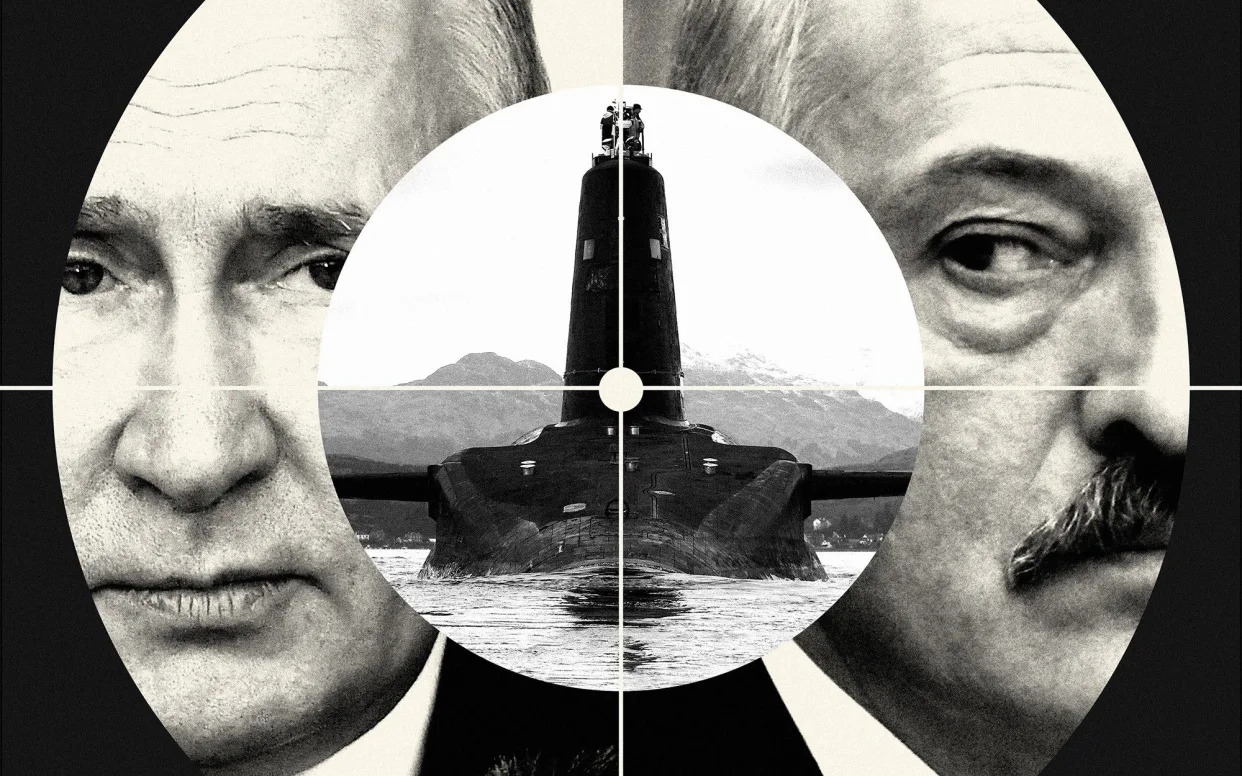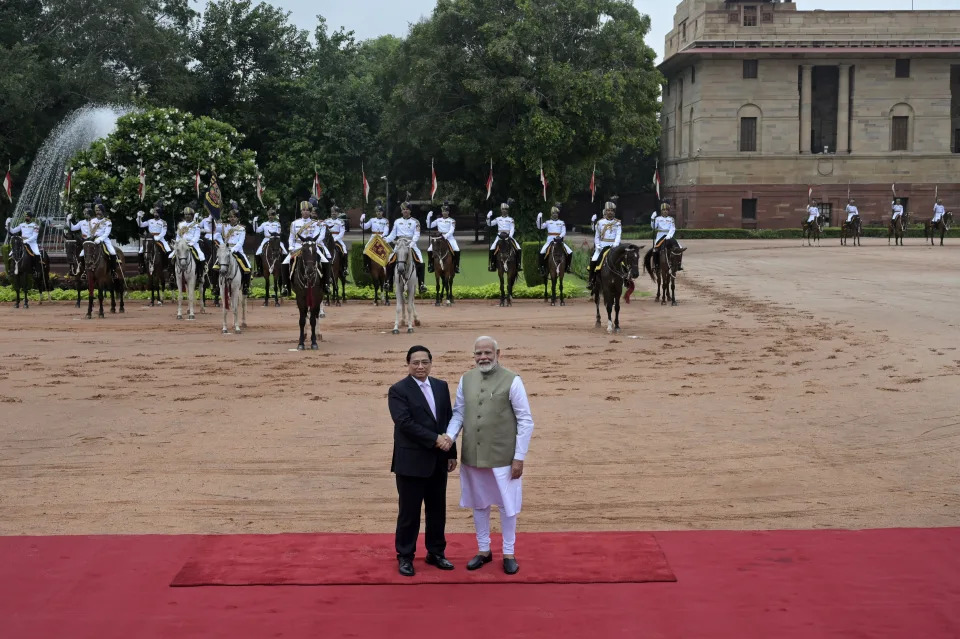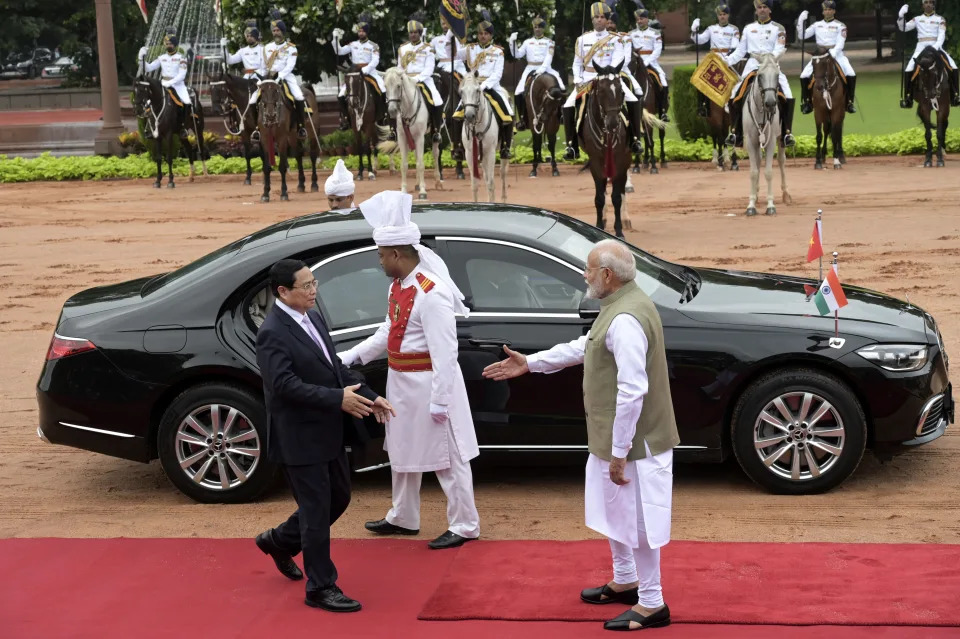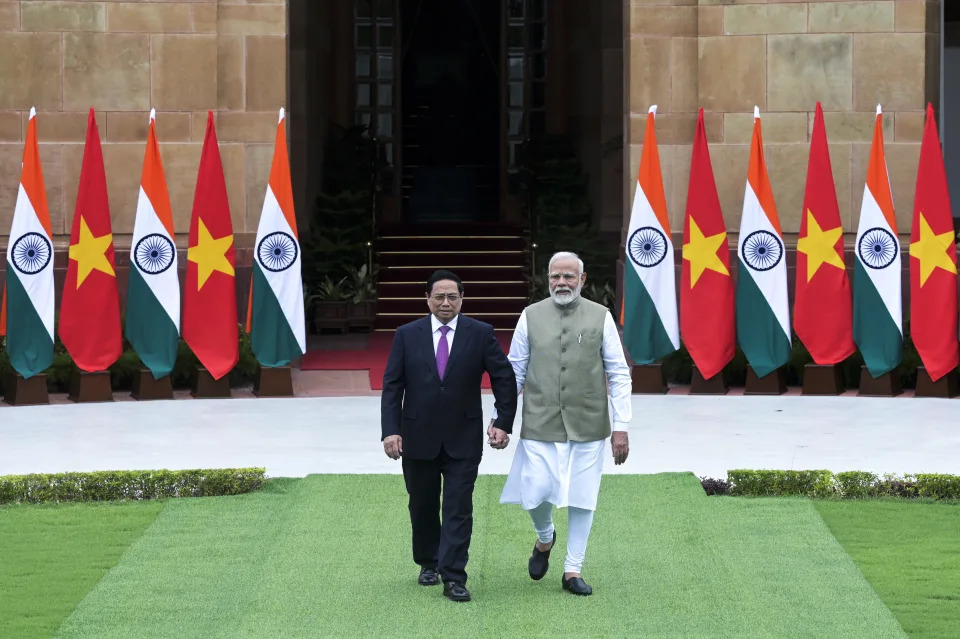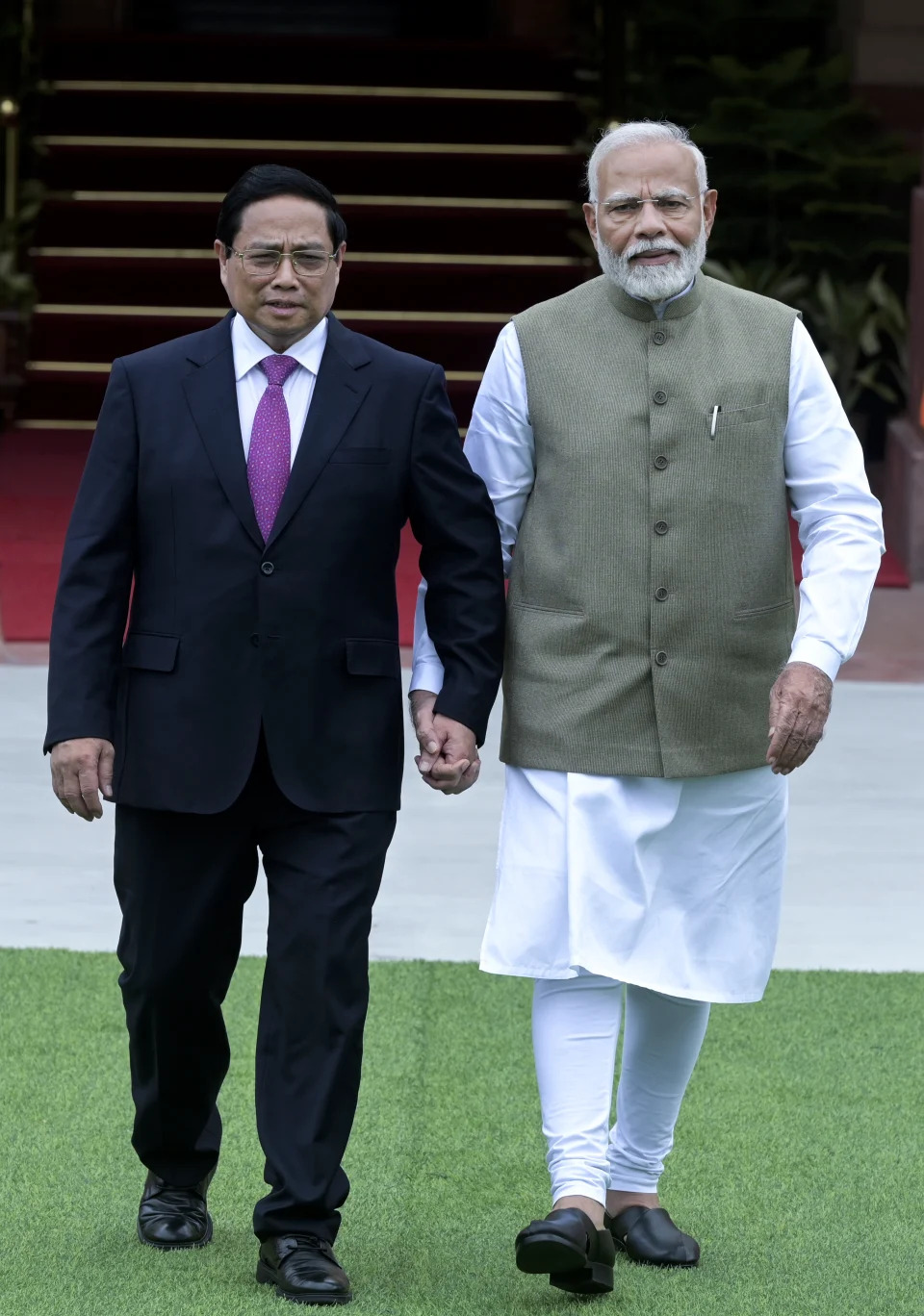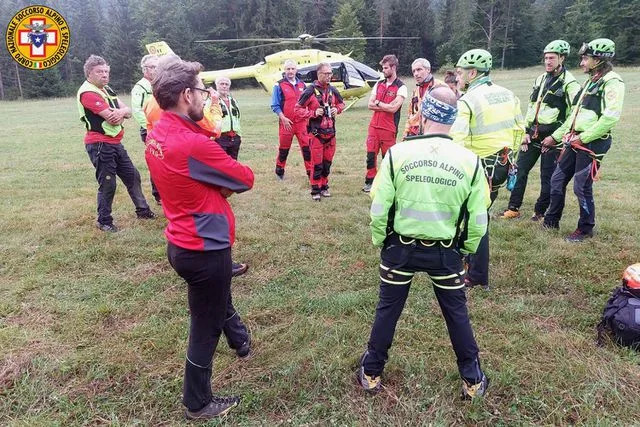Workers celebrates win to keep Auckland pools and leisure centres under public control
Health
1 Aug 2024 5:45 pm AEST
Workers in Auckland Council’s pools and leisure centres are celebrating their successful campaign against privatising management of pools and leisure centres. Today the Council’s governing body decided not to contract out management of the 22 facilities it currently operates.
The facilities will remain under Council management, and the PSA is committed to working with Council to find opportunities for savings and operational improvements.
“This is a huge win for us workers and our communities,” said PSA Delegate Gaby Frigerio. “The decision shows trust in our members’ expertise – we look forward to working towards better outcomes for everyone.
“We want to thank everyone across Tāmaki Makaurau who stood with us in favour keeping public services in public hands. We spoke up and we were heard.”
“Our members and their communities made it clear they wanted these facilities to be working in the interests of people, not profit,” said PSA Organiser Sarah Stone.
The Public Service Association Te Pūkenga Here Tikanga Mahi (PSA) represents members working across Council-run pools and leisure centres, including lifeguards, recreation assistants, customer support representatives, fitness consultants, Learn to Swim instructors, and team leaders.
The privatisation proposal was the result of a review of the Council’s pools and leisure facilities to check whether current arrangements are still effective. In a presentation to the governing body today, the PSA argued that active and open engagement with workers is a better way forward.
“You’d be absolutely blown away by the creative thinking, the ideas, the problem solving from [our members],” said PSA Delegate Martin Graham in the presentation. “Don’t underestimate our people.”


